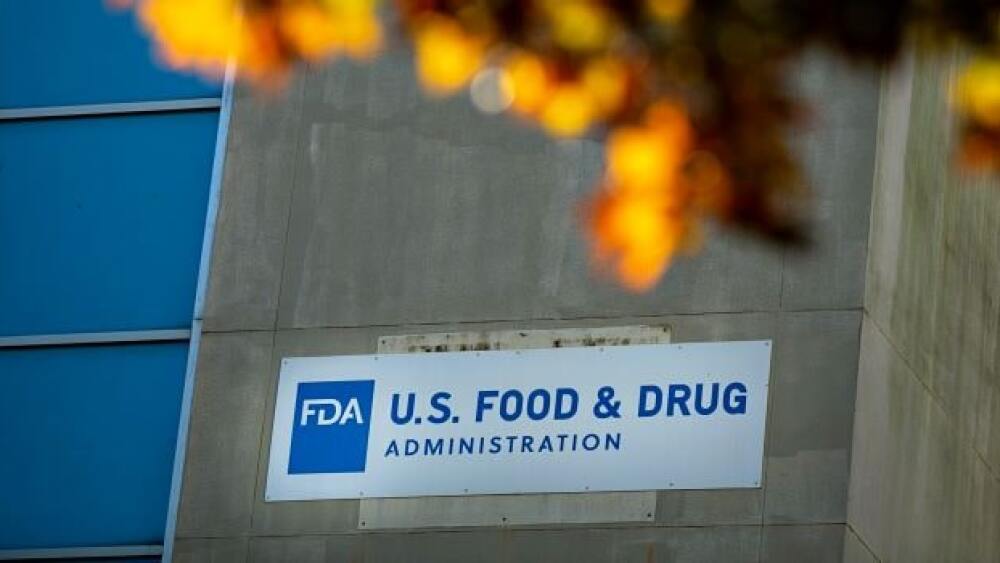The FDA has issued special designations that could improve the lives of millions with recurrent glioblastoma or hemophilia diagnoses.
Courtesy of Jason Armond/Los Angeles Times via Getty Images
The U.S. Food and Drug Administration (FDA) is on a mission to recover from the review lag seen through the early years of COVID-19 and has issued special designations for two treatments that could improve the lives of millions with recurrent glioblastoma or hemophilia diagnoses.
Sanofi and Sobi’s BIVV001 for Hemophilia A
In a collaboration, Sanofi and Sobi are working to develop BIVV001 (efanesoctocog alfa) and fulfill an unmet need for patients with hemophilia A. Now, the collaboration has proven fruitful, as the FDA gave the drug Breakthrough Therapy Designation for this indication.
The Phase III Xtend-1 study met the primary and secondary endpoints, demonstrating the efficacy of BIV001. The primary endpoint focused on the prevention of bleeds over the course of 52 weeks, while the secondary endpoint evaluated the treatment’s ability to prevent bleeds in comparison to prophylactic factor VIII replacement therapy. Minor treatment-emergent adverse events were recorded at a low incidence, including back pain, headaches and arthralgia.
Anders Ullman, M.D., Ph.D., head of research and development at Sobi, commented on the decision in a press release.
“This designation supports the innovation of efanesoctocog alfa and acknowledges its potential to fulfill an unmet medical need for people living with hemophilia A. We are committed to transforming lives for people living with rare diseases, and this is a testament to the medical innovation that science can bring,” he said.
With Breakthrough Designation, the FDA acknowledges the potential for BIVV001 to significantly improve the lives of those with life-threatening hemophilia A, in comparison to treatments that are already available. The designation also signifies the administration’s intent to expedite the review of data related to BIVV001. In 2017, BIVV001 was granted Orphan Drug Designation by the FDA. Following suit, the European Union also awarded Orphan Drug Designation.
The development team anticipates additional data from the Xtend-1 study, which will be shared at upcoming medical conferences before an official FDA filing. Before filing for regulatory approval in the EU next year, data from an ongoing pediatric study will be evaluated.
Midatech’s MTX110 for Glioblastoma
MTX110 is an investigational treatment that is currently being evaluated preclinically in patients with recurrent glioblastoma. Midatech submitted an application for the MTX110 development program, and received notice Wednesday that the FDA has awarded it a Fast Track designation.
With a unique convection-enhanced delivery mechanism, MTX110 is able to cross the blood-brain barrier and bring treatment directly to the tumor site. By attacking the tumor directly, the patient is protected from toxicity, amongst other potential side effects.
Dmitry Zamoryakhin, CSO of Midatech, commented on the FDA’s decision.
“rGBM is a devastating cancer marked by short survival rate and universal recurrence. Receiving Fast Track designation for MTX110 is an important milestone for the development of the drug as it demonstrates the need for novel and effective treatment options for this currently universally fatal disease,” he said. “MTX110, our water-soluble formulation of Panobinostat, will soon start recruitment into a Company-sponsored Phase I study in patients with recurrent GBM.”
With Fast Track Designation, the FDA agrees that MTX110 could treat glioblastoma patients that currently have an unmet medical need. This designation is only granted to candidates that treat serious illnesses or diseases, with an intent to expedite the development and review process through frequent communications.





